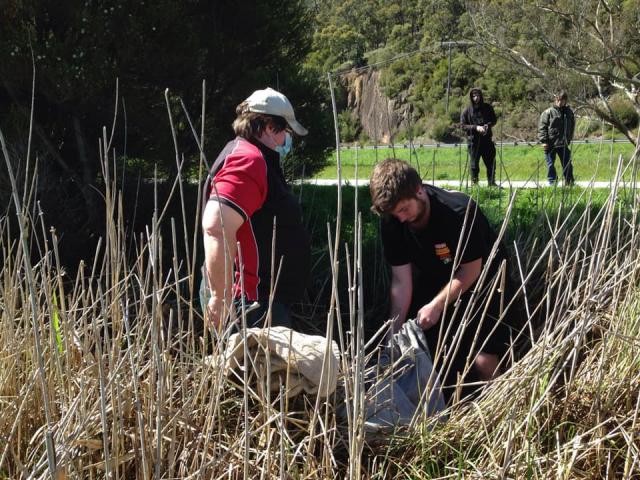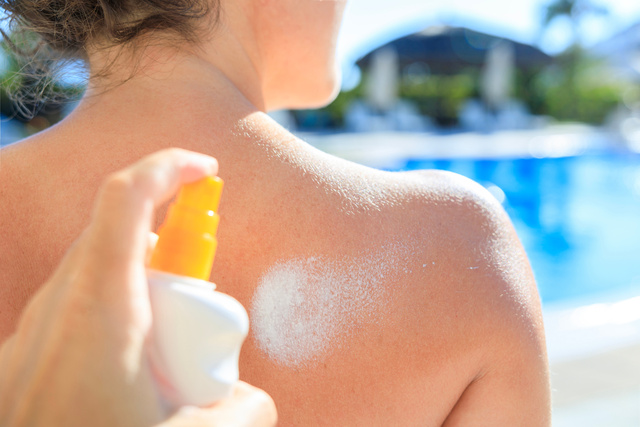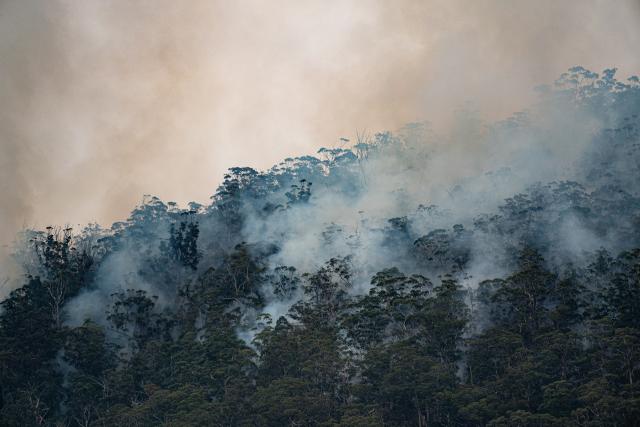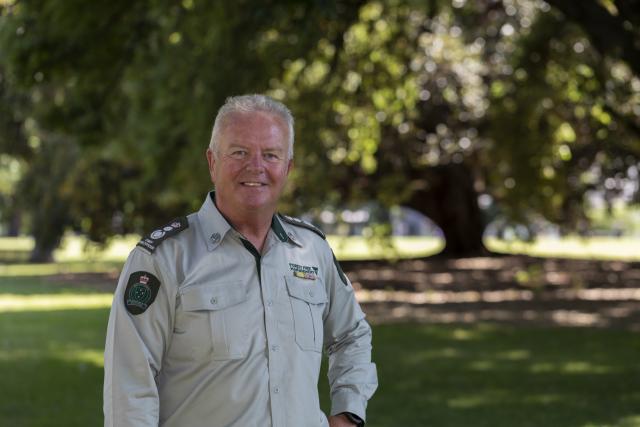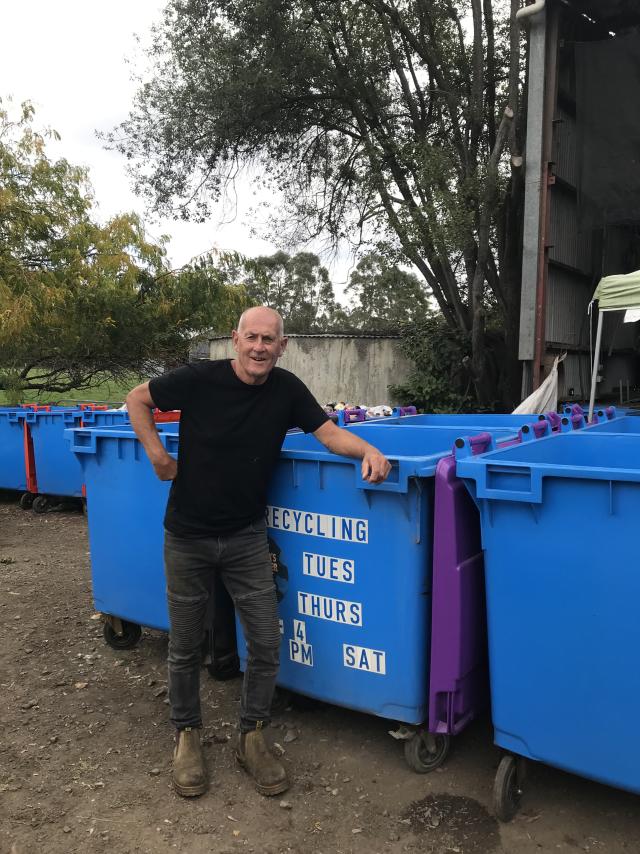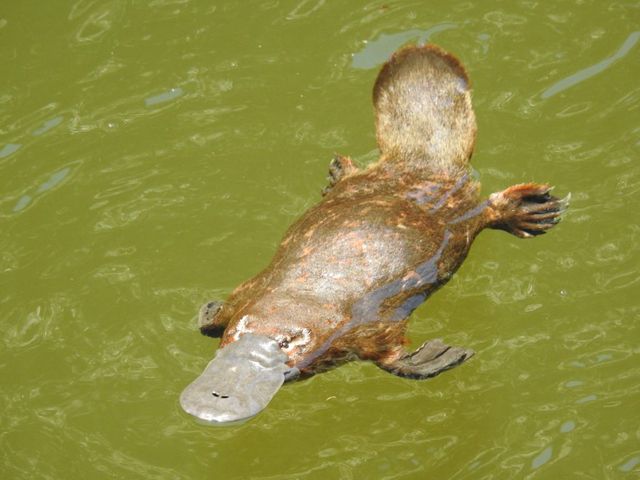The Upper Yarra Wildlife Rescue Network (UYWRN) is hosting a free training session to help Upper Yarra residents understand the do’s and dont’s of animal rescue.
On Saturday 3 September from 10am to 4pm, an experienced trainer will introduce residents to and develop their skills in assessing, rescuing, and transporting a range of native wildlife species.
UYWRN Treasurer Sue Kimberley said they want to get as many people as feasibly possible involved.
“On our doorstep animals are already more active so we’re going to be seeing a lot more calls coming in and a lot more animals in trouble out there, so we are keen to train as many members of the public as possible,” she said.
“If they want to become volunteers, that is great but they might decide they don’t have time to and that’s fine as well. But if they come across a sick, injured or orphaned animal, they need to know what to do and just a little bit of knowledge or reassurance might mean they are able to.”
The session will be run at a local venue, close to the Warburton area.
Ms Kimberley said participants will learn how to keep themselves and others safe and minimise harm to an animal.
“They will also learn about the smaller animals that they can easily deal with, the ones we all start with when we’re doing rescue training and transport of animals. It’s the birds, possums, lizards, that are easier to contain and get to help,” she said.
“They’ll also be learning about how to do pouch checks of kangaroos, possums and other marsupials.”
There are a number of considerations to make when rescuing an animal.
If the animal is small, place it in a pillowcase or on a towel in a well-ventilated box and cover
securely, placed in a warm dark and quiet area.
Keep handling and disturbance to the animal to a minimum to reduce stress, with domestic animals and children well away and do not feed or force the animal to drink. Take the animal to a vet or licensed wildlife carer as soon as possible.
Ms Kimberley said she thinks we have an obligation to help animals in trouble where possible.
“Personally, I value our wildlife and I value all animals and I think our obligation is increased because we have destroyed a lot of habitats. We also run over them on the road or unintentionally poison them,” she said.
“We have so much that we need to make up for in terms of what we’ve done to our native animals, so I just feel that we all need to take some responsibility. Often people just need to know that they can do it, and have the confidence to do it.”
If it is a large animal, or you are unsure, immediately call the Upper Yarra Wildlife Rescue Network for a trained wildlife rescuer. If unable to contact the UYWRN, call Wildlife Victoria at 8400 7300.
Residents can try to stay with an injured animal until a rescuer arrives, keeping a safe distance to reduce the animal’s stress but if they cannot stay with the animal, can note distinct landmarks and mark the location with something obvious for the rescuer to see, such as a plastic bag tied to a tree.
If the animal is dead, people can perform a pouch check live young. Never pull a joey from a teat, as the teat may need to be cut with the joey still attached. Wait for a wildlife rescuer to arrive, or if none is available seek advice on what to do from the wildlife rescue service.
A rescue kit can be kept in a car containing a towel, pillow case or box, blanket and scissors.
Before attempting a rescue, residents are advised to remember their own safety always comes first. Pull over only when safe to do so and put hazard lights on. Approach the animal carefully and cover it with a towel or blanket to calm it.
Expressions of interest for the training session can be sent to uywrn2020@gmail.com or contact 0427 088 121 by the 26th of August. Places are limited.


